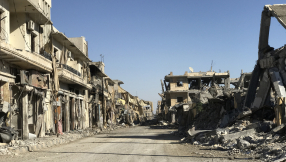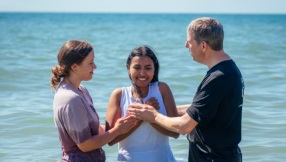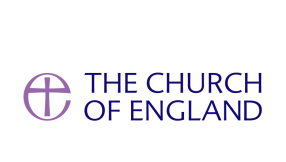Saudi king's interfaith call faces Muslim divisions
The conference of Muslim scholars organised by the Saudi-based Muslim World League in the holy city of Mecca is the first step in a plan announced by the Saudi king earlier this year to create a Muslim dialogue with Jews and Christians.
The meeting - closed to non-Muslims - brings together Sunni scholars from around the world, such as Egypt's Grand Sheikh of al-Azhar Mohamed Sayed Tantawi, and some Shi'ite figures including former Iranian President Akbar Hashemi Rafsanjani.
King Abdullah, a close US ally alarmed by Saudi Arabia's international image of promoting militancy, said the aim of the gathering was for Muslims to stand together with a hand outstretched to the rest of the world.
"You are meeting here today to say to the world with pride that we are a fair, honest, humanitarian and moral voice, a voice for living together and dialogue," he said in a speech carried live on state television.
"How difficult the Islamic nation's challenges are at a time when the threat from extremism among its own people, and others, is all around...This call is intended to face the challenges of isolationism, ignorance and short-sightedness."
Saudi Arabia has been making efforts to build better ties with Washington after the September 11 attacks of 2001, where 15 of the 19 attackers were Saudi.
Saudi Arabia was hit by an al Qaeda campaign on its own territory when militants launched attacks against foreigners and government installations in 2003 to destabilise the kingdom.
Grand Mufti Sheikh Abdul-Aziz Al al-Sheikh, Saudi Arabia's official religious representative, said Islam honoured Jesus Christ and the biblical prophets of Christians and Jews.
In a speech he cited a saying of Islam's Prophet Mohammad: "I am the closest person to Jesus, son of Mary, in this world and the next. I am the prophet who came after him".
But Rafsanjani, an influential Iranian cleric and one of the few prominent Shi'ites at the conference, railed against the United States and Israel, and hinted at Sunni-Shi'ite disputes that have sharpened since the US-led invasion of Iraq in 2003.
"The Americans are greedy for Iraq's energy...We need to save this people," he said in a speech translated into Arabic.
But he also said: "To have a dialogue with other religions we need to start talking among ourselves.
"The call needs to be directed at ourselves first of all, and all the sects need to agree on shared points. As a Muslim and a Shi'ite...I say the things we agree on are many."
A group of independent Saudi clerics issued a statement this week saying Shi'ites, including Lebanese group Hezbollah, were posturing against Israel to hide an anti-Sunni agenda.
Riyadh, which has relied on US military support for decades, is alarmed by Iran's rising power in the Arab world.













